Alert
Alerts
Cycling loop: Pierre aux Fées trail


IGN cards
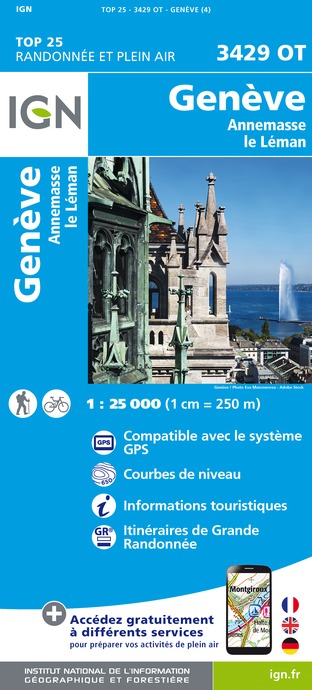


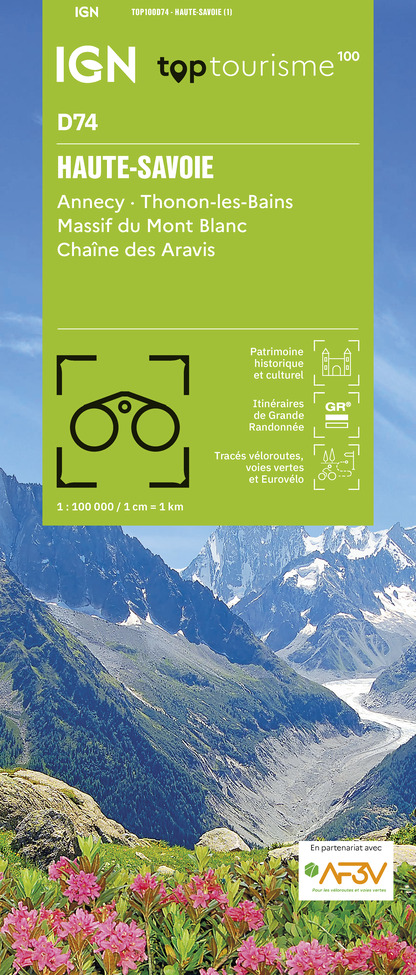


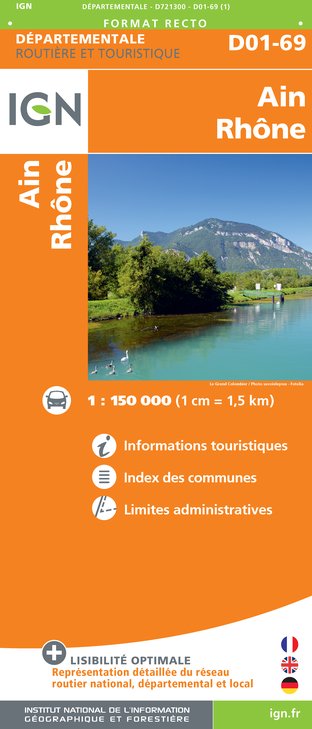

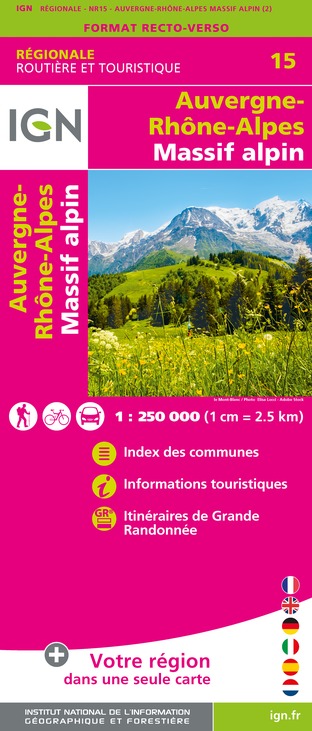


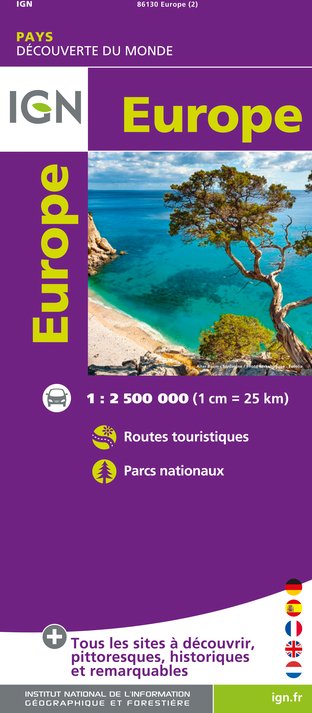
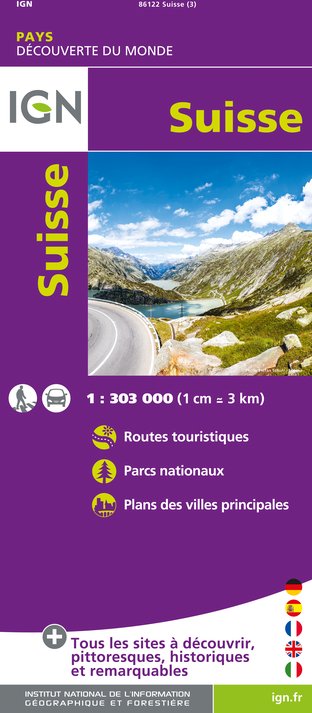
Description
A short but hilly route to visit the dolmen of La Pierre-aux-Fées, where a picnic site has been created - so why not take a packed lunch?
A number of intersections and stretches alongside roads with traffic require caution.
Direction of travel: clockwise
Landmarks and connections: Cranves-Sales / La Bergue (shared departure with Tour du Môle no. 25 and intersections with Balcons d'Annemasse no. 26 and Tour des Voirons no. 27); Bonne (leave Tour du Môle no. 25); Pierre-aux-Fées; Reignier (intersection with Plateau des Bornes north no. 22)
When you leave the dolmen, take great care because you have to go along the RD907 main road, which has heavy traffic. Leave this road at the roundabout at Bas-Monthoux and go through Cranves-Sales, then La Bergue. Rejoin the RD907 main road for 600 metres as you enter Bonne. There's another place where care is needed, after a descent through the countryside towards the river Arve via Nangy and Boringes: crossing the river Arve on the Bellcombe bridge (you follow the RD1503 main road for 300 metres). You are 2 km from La Pierre-aux-Fées standing stone. Take care at the end of the circuit, where there is no alternative to following the main RD2 road for 3 km, which brings you back to the bridge at Etrembières.
Technical Information
Altimetric profile
Starting point
Additional information
Updated by
Conseil Départemental de la Haute-Savoie - 20/11/2025
www.hautesavoiexperience.fr
Report a problem
Tips
From amongst the 5 or 6 dolmens found in the Haute Savoie, the most spectacular is definitely La Pierre-aux-Fées in the hamlet of Saint-Ange. It is classified as an historic monument. It is known to date from Neolithic times, although nobody is really sure what it was used for (a tomb, an altar or something else). What is known, however, is that its 5 metre long tabular capstone is granite from Mont Blanc which was deposited by glaciers. It is on display in such a way that it makes a nice place to stop and enjoy a picnic. That alone is a good enough reason to cycle to it and take a look!
Open period
From 01/01 to 31/12.
Accessible outside of snowy periods depending on weather conditions. Contact the Tourist Office beforehand for information on current conditions.
Contact
Phone :
04 50 95 07 10
04 50 04 71 63
Email : ot@montsdugenevois.com
Website :
https://www.hautesavoiexperience.fr
https://www.savoie-mont-blanc.com
Facebook : https://www.facebook.com/MontsduGenevois/
Location complements
Car Park: La Libération
Data author
